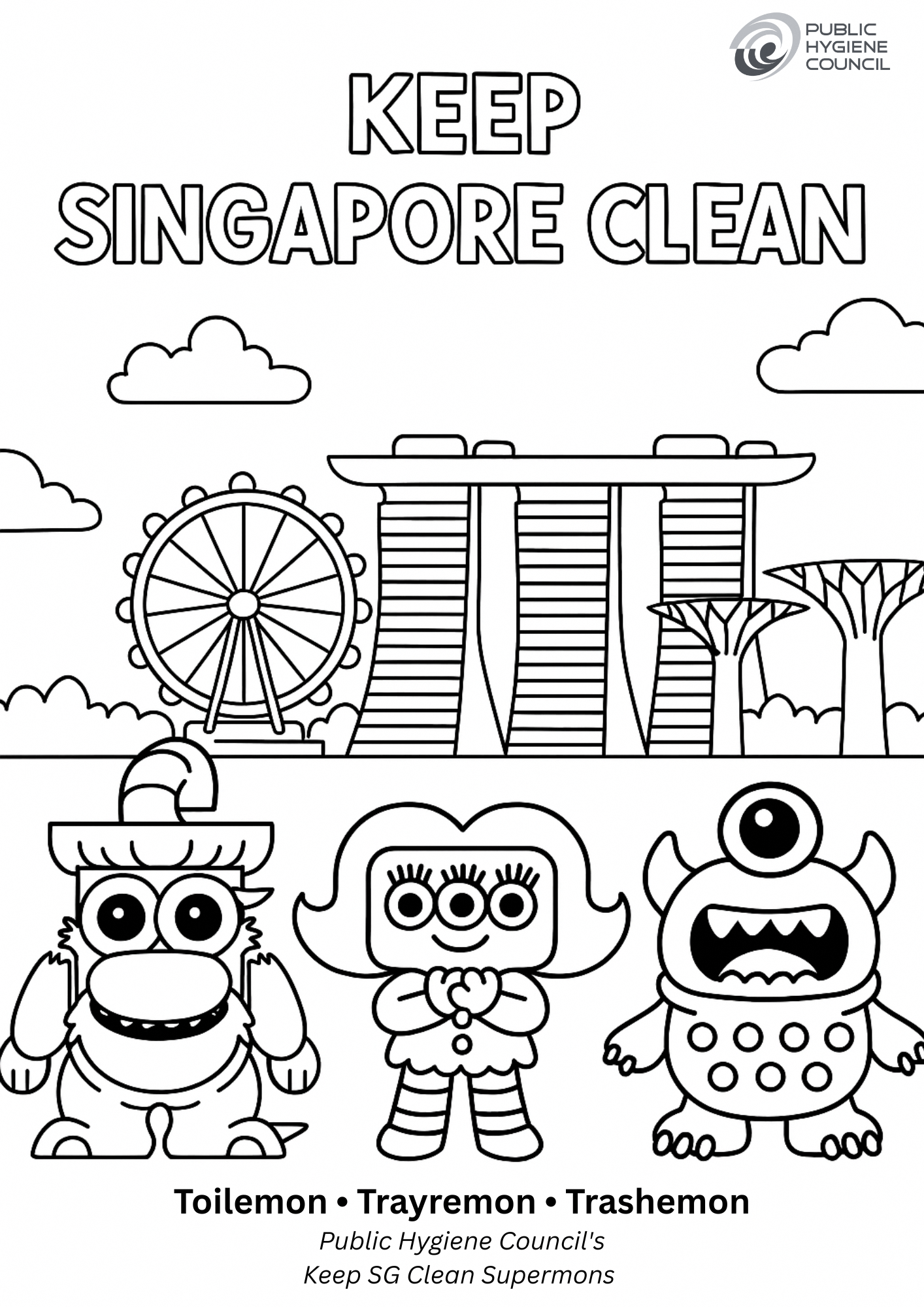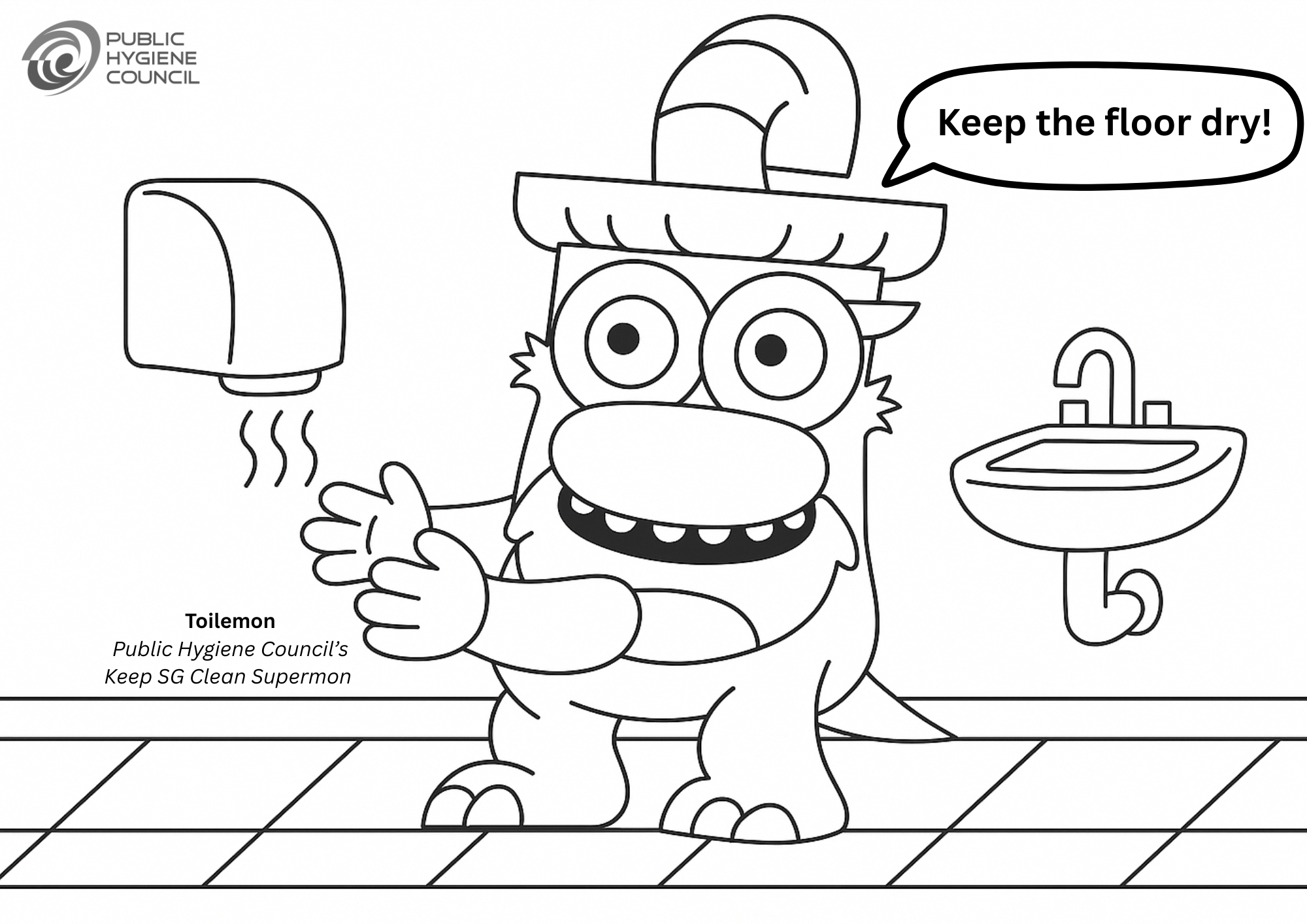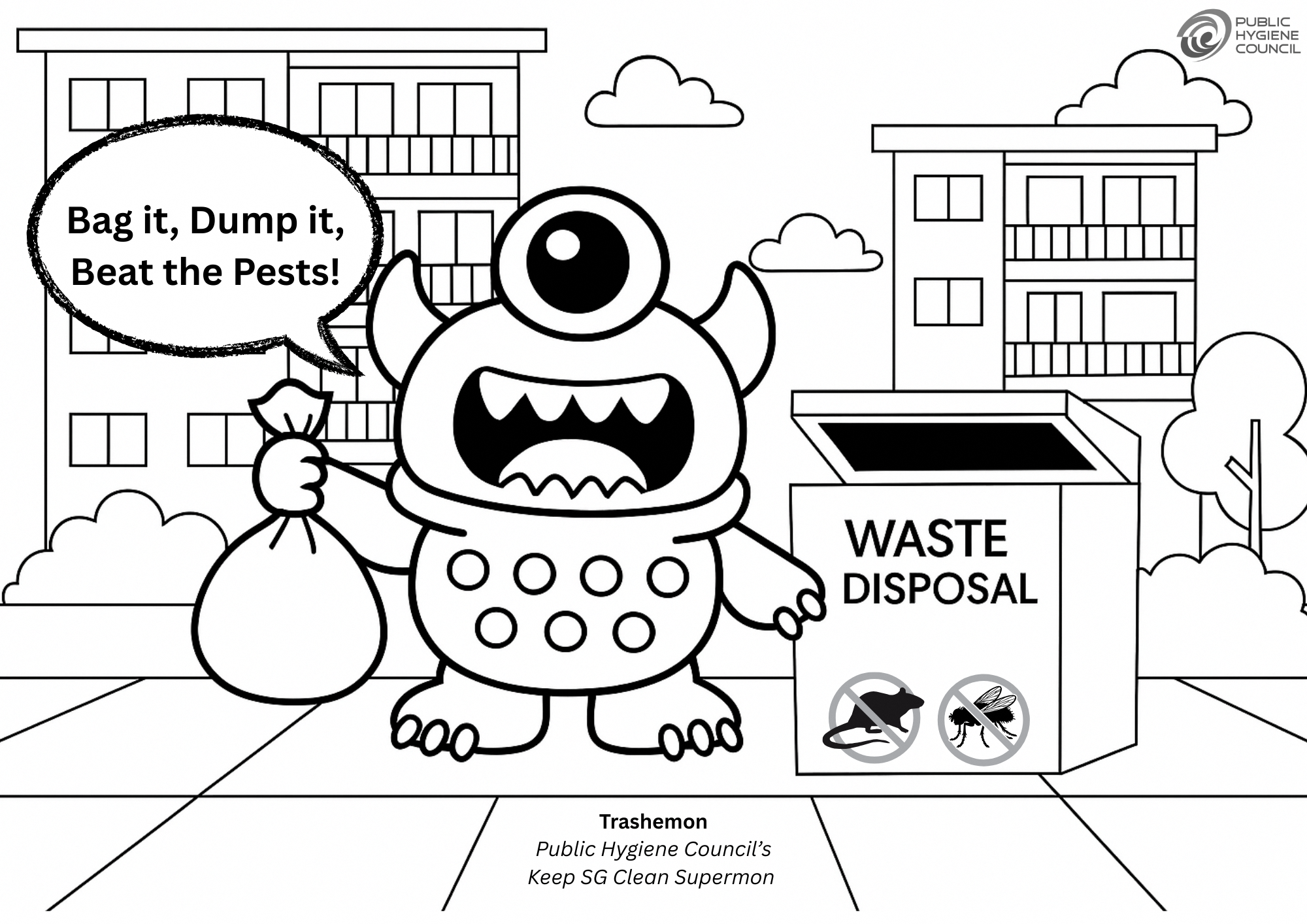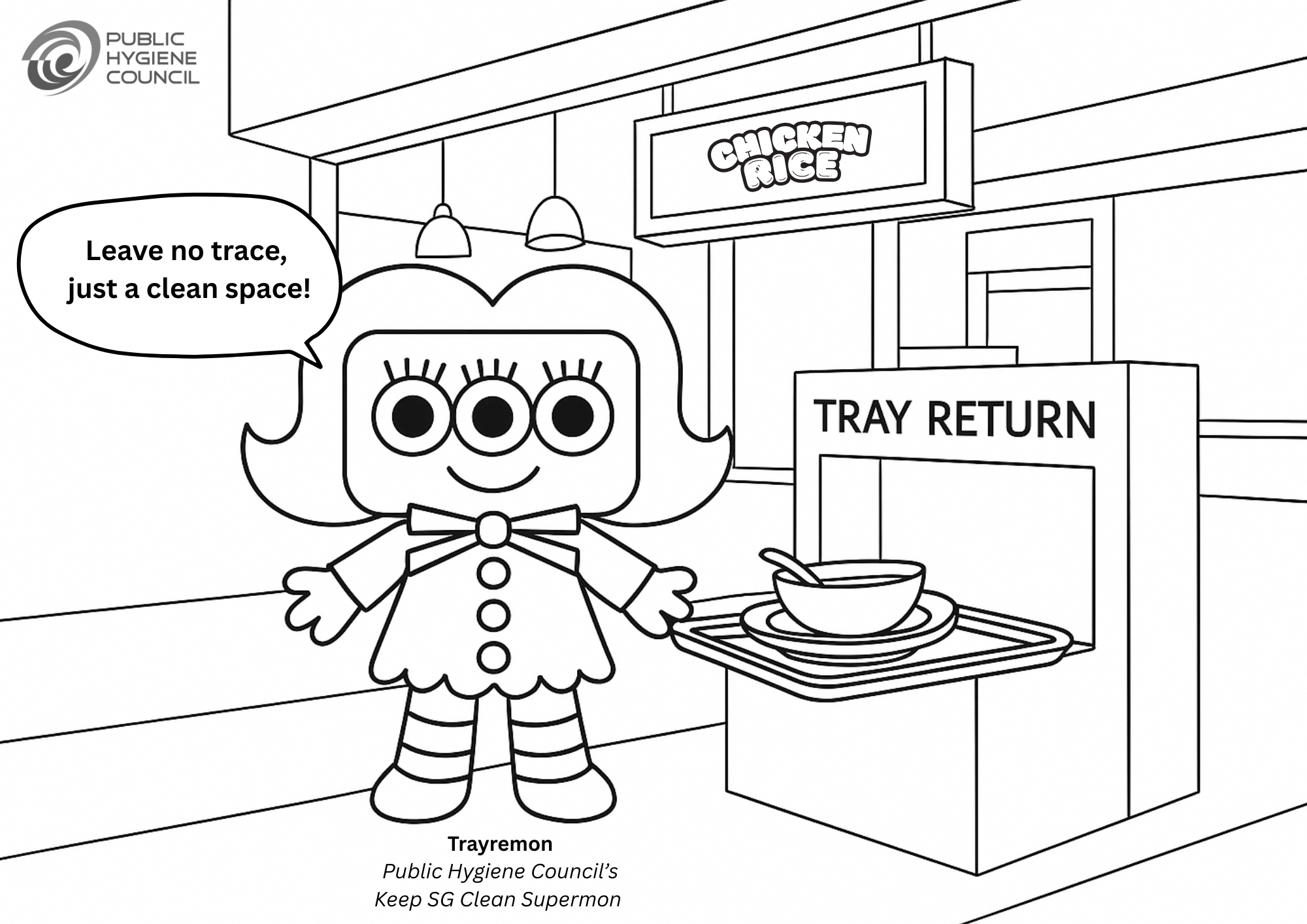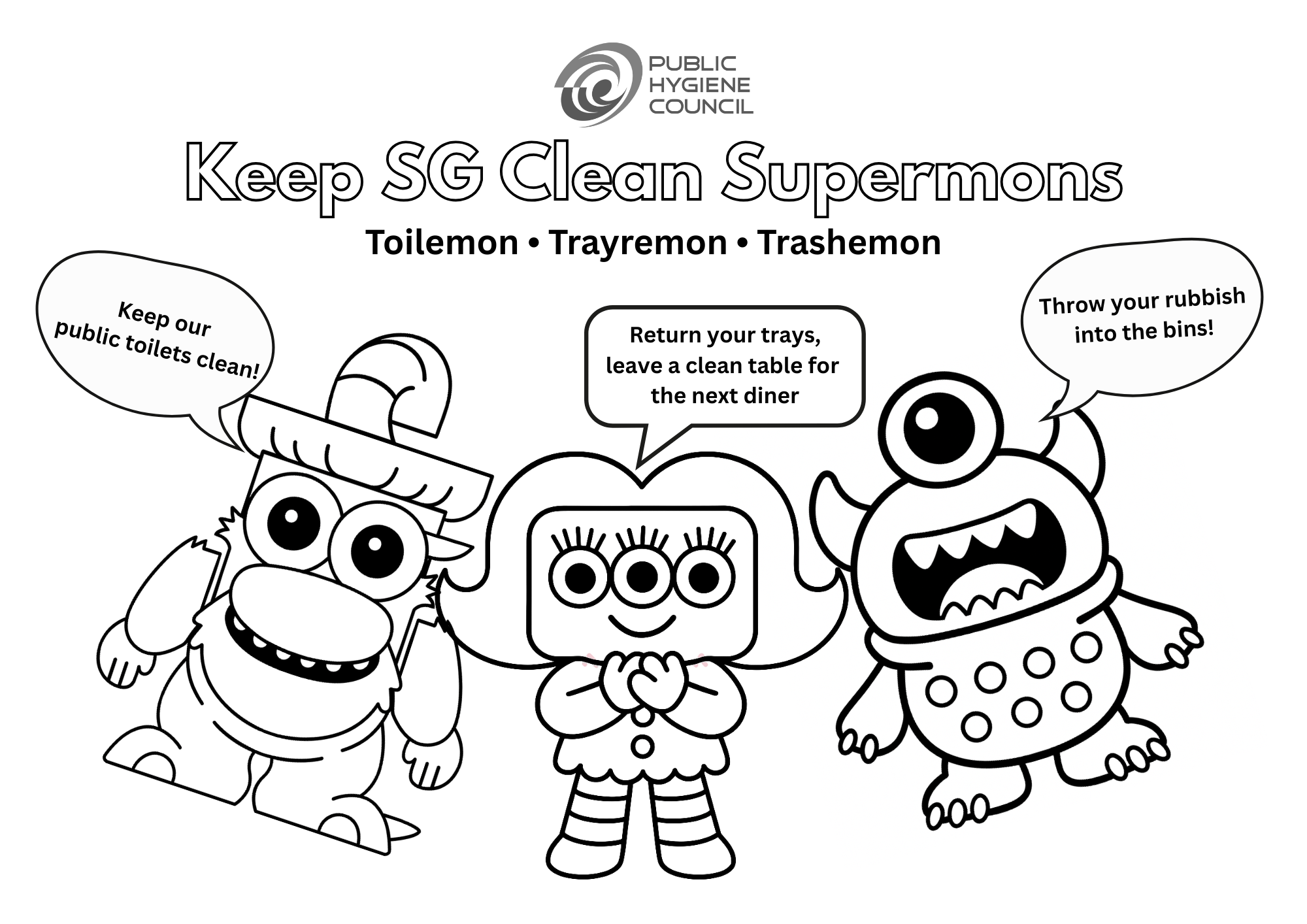Overview
PHC develops exciting new projects that responsible individuals and organisations can adopt to generate positive change for our environment and community.
As much as possible, we put our ears, hands and feet on the ground to listen to social conversations to generate solutions that meet real needs and in the most relevant and meaningful manner.
Self-Help Resources
CleanPod
On the yearly average, there are 700 over clean-ups at recreational beaches.
With the increased frequency of ad-hoc clean-ups, more tools and materials
are purchased by the communities by for activities. These new tools and
materials are often under-utilised, with an average of only 1 to 2 hours
of utility before being store away or disposed of.
Find out how PHC aims to help create a more sustainable way to support
clean-ups with CleanPod.
Instructional Video
First time initiating a clean-up for your community, school or company?
Watch and
learn how to organise a clean-up in less than 120 seconds!
Environmental Hygiene Checklist - Create Cleaner Events
Environmental Hygiene Checklist
Good hygiene practices should be continued to safeguard wider public health. The PHC have developed an Environmental Hygiene Checklist to guide businesses in practising good environmental hygiene routines. We encourage all premises operators to make use of this checklist to maintain good hygiene standards.
Create Cleaner Events Playbook
Events often generate litter and research has shown that people are more likely to improperly dispose of their trash when there is litter around. This Create Cleaner Events Playbook is a guide to mitigating litter at mass events. This is a particularly helpful resource for event organisers to refer - Before, During and After events to successfully provide cleaner and more enjoyable experience for your participants.
Educational Material - Buddy Clean Workshop
Keep SG Clean Comic Strip Competition 2022
Secondary school students across the nation drew on their talent for art
and storytelling to create comics on keeping Singapore clean. Catch the
best works here!
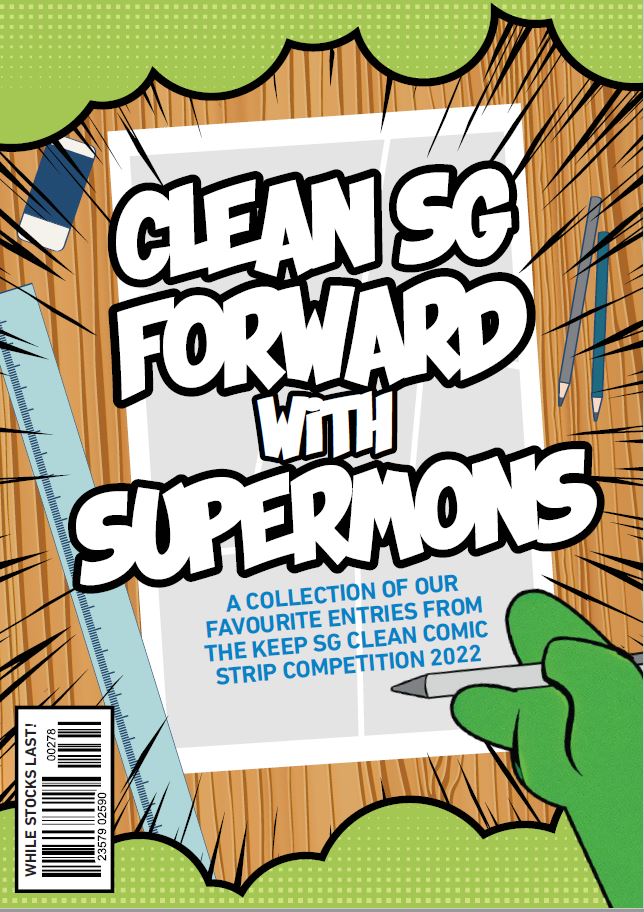
Clean It Forward Conversation with Youths
Snapshot of the discussion at the Clean It Forward with Youths:
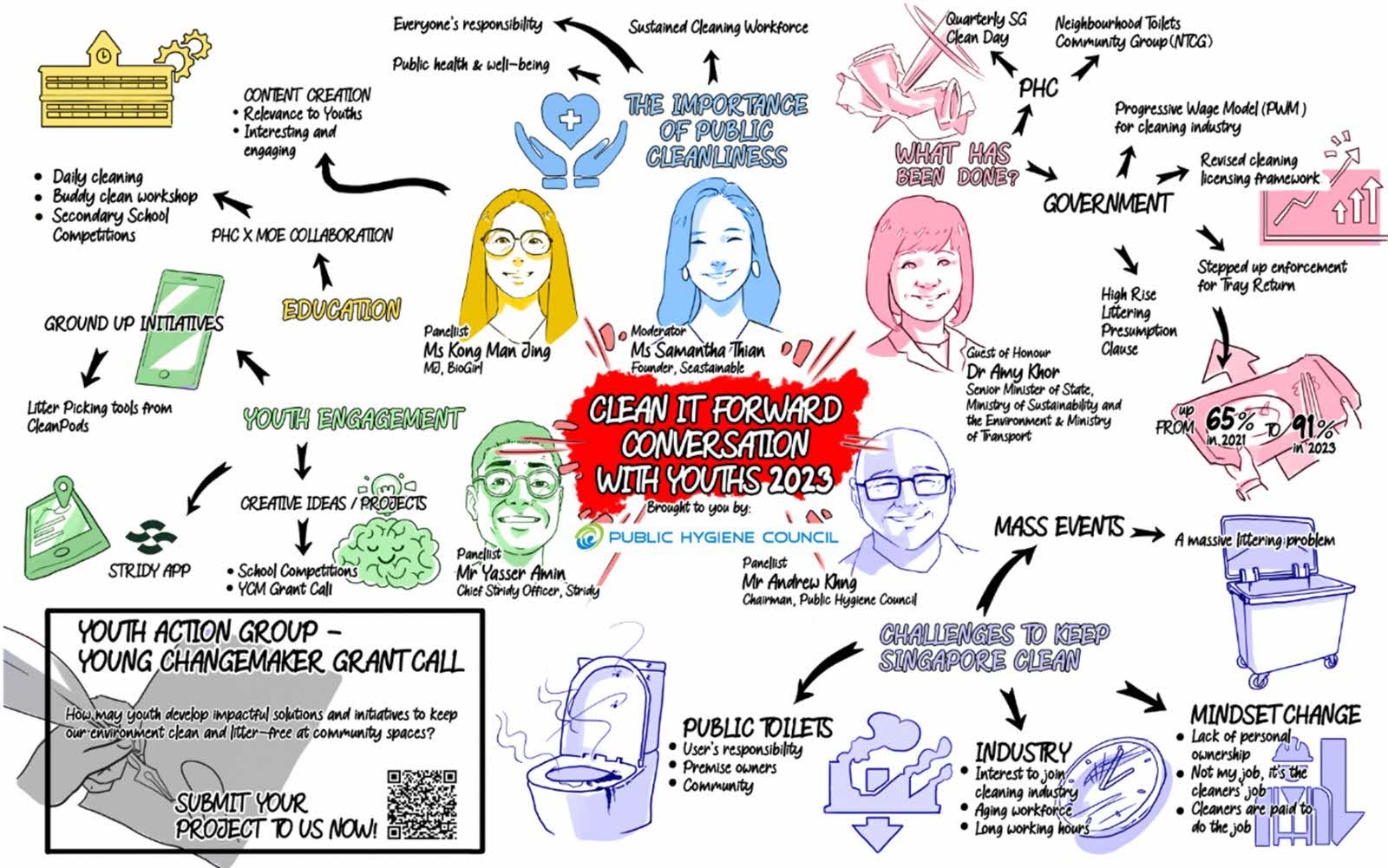
Keep Singapore Clean Movement in Schools
Keep Singapore Clean Movement in Schools’ educational resource pack incorporates relevant information and educational materials collated from various sources, targeted at Pre-school, Primary and Secondary level. It serves as an essential handbook for the students, parents and teachers.
Background
The Keep Singapore Clean Movement (KSCM) in Schools is a student-driven and school-supported effort for students to take ownership of the cleanliness of their school and the environment. It was launched by the Ministry of Education (MOE) in July 2014 and supported by the Public Hygiene Council (PHC).
In line with the KSCM in Schools, ‘Buddy Clean Workshop’, a capacity building programme titled to assist schools to educate students on the importance of keeping their school clean as well as to train them in the various skills (e.g. teamwork, communication) required for the cleaning activities. It is an environment-based Values-In-Action (VIA) programme targeting at the Primary 3 and 4 students, which schools can take up to fulfil the Character & Citizenship curriculum.
Buddy Clean Workshop
The Buddy Clean Workshop is based on NEA’s programme – Project Buddy Clean, which aims to inculcate positive social values and norms on cleanliness amongst students. The project leveraged peer influence and feedback to shape the behaviour of students. It also helps to foster shared ownership and responsibility of common spaces through regular cohort-wide cleaning. For more information on Project Buddy Clean and to download a copy of the Resource Kit which consists of lessons plans to implement the project, please click here.
The Buddy Clean Workshop comprises of three key components and learning outcomes:
1. Introduction
Students are introduced to the consequences of littering and the need
to keep their school clean and undergo discussion on the role of cleaners
to develop empathy and respect for them.
2. Capacity Building
Students undergo activities to learn how to communicate effectively, listen
actively and work together as a team to keep the school clean and learn
the various cleaning skills (e.g. how to sweep, mop) to conduct hands-on
cleaning activities in school.
3. Discussion and Reflection
Students discuss their group’s performance and reflect on what they have learnt and the areas of improvement.
For more information, please email to: ask@publichygienecouncil.sg
Colouring Material for Children
Keep SG Clean Supermons Colouring Materials
Download these colouring materials to reinforce good public hygiene habits while keeping children entertained.
